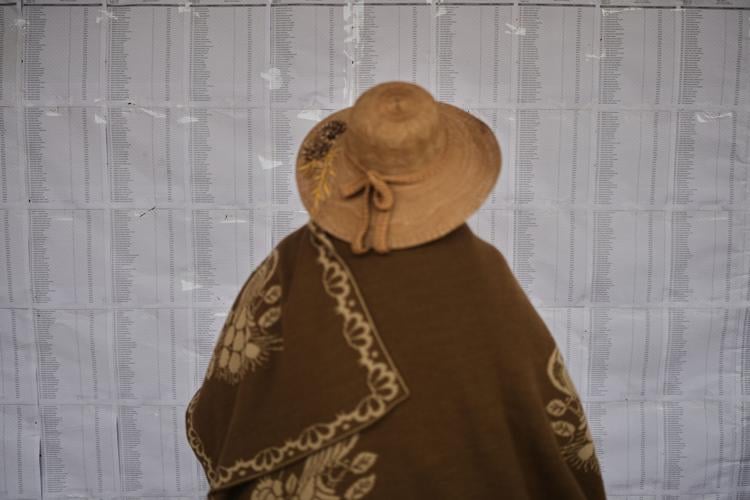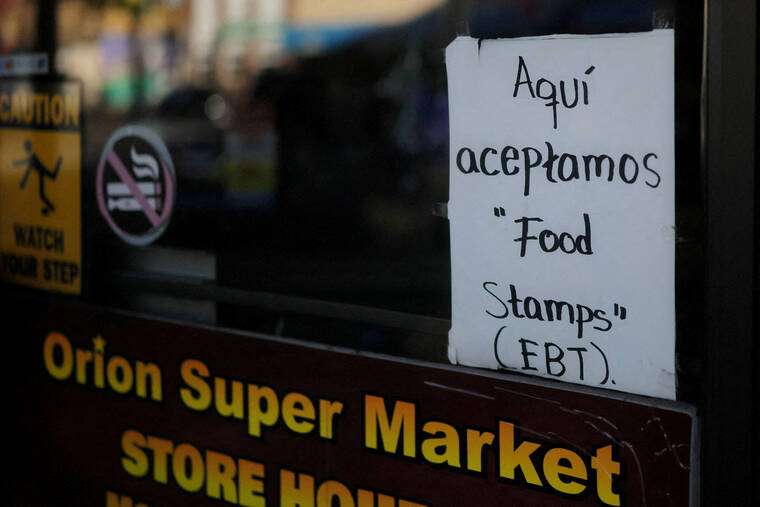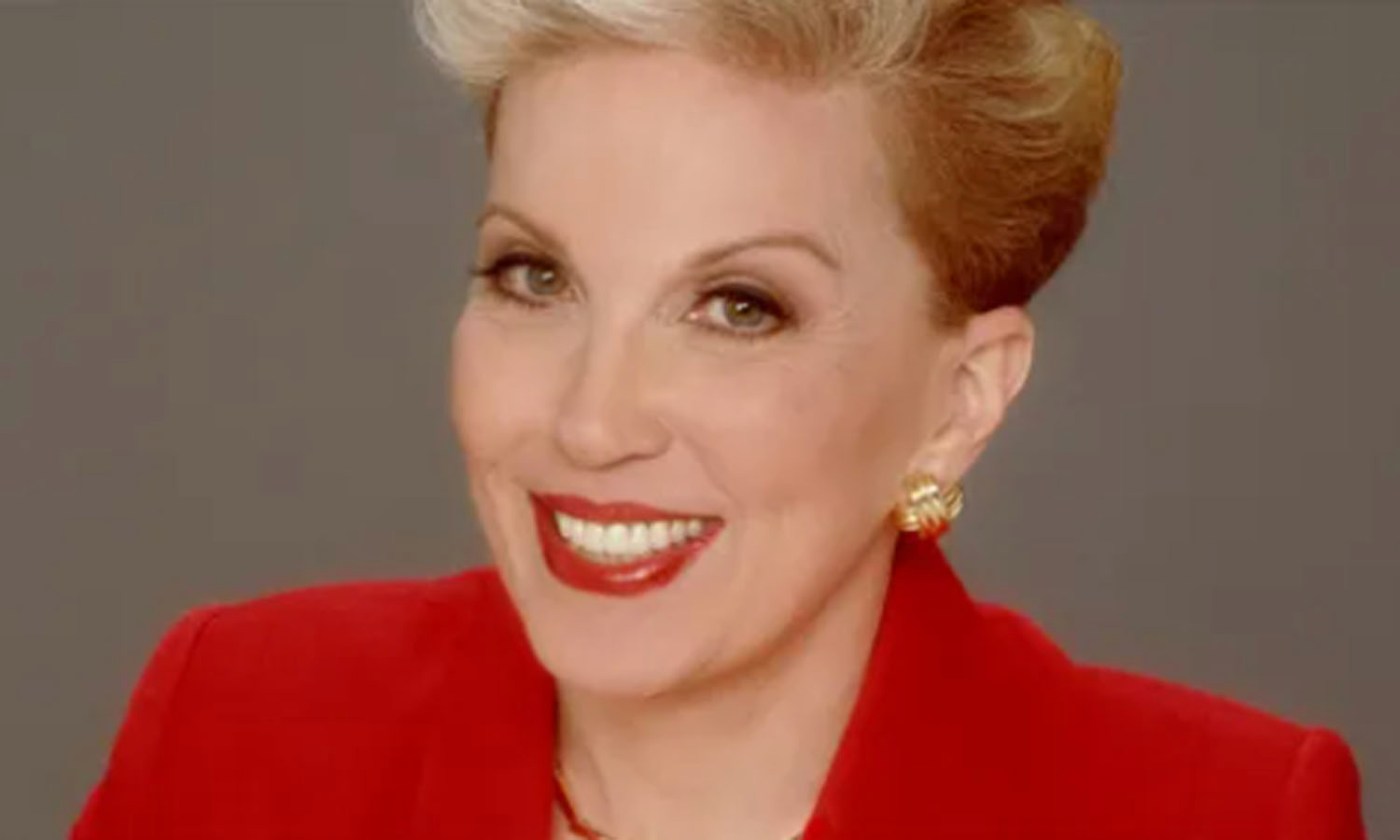Bolivians participated in a pivotal presidential runoff on October 22, 2023, marking the first election in two decades without the ruling Movement for Socialism (MAS) party. The electorate faced a critical choice between former President Jorge Quiroga and current Senator Rodrigo Paz as the country grapples with a severe economic downturn.
This election comes at a time when Bolivia is experiencing heightened economic challenges, including rising inflation and escalating unemployment rates. Many voters expressed a desire for change, seeking leadership that can effectively address these pressing issues. The absence of the MAS party in this runoff is particularly significant, given its dominance in Bolivian politics since 2005.
Economic Crisis Shapes Voter Sentiment
The economic landscape has been a central theme in this election. Reports indicate that Bolivia’s economy has contracted, with estimates suggesting a decline of 3.5% in GDP over the past year. As a result, many citizens voiced frustration over their current living conditions, prompting a record voter turnout of approximately 80% in the first round of the election.
In the lead-up to the runoff, Quiroga campaigned on a platform emphasizing fiscal responsibility and economic reform. His proposals include attracting foreign investment and implementing measures to control inflation. Meanwhile, Paz focused on social programs aimed at improving the livelihoods of the poorest citizens, promising to address the inequality that has persisted under the MAS government.
Historic Shift in Bolivian Politics
This runoff is not just a battle between two candidates but represents a larger shift in Bolivian politics. The MAS party, which dominated the political scene for nearly two decades under leaders like Evo Morales, faced significant backlash following accusations of corruption and authoritarianism.
The results of this election will not only determine the next president but also signal a potential reconfiguration of political alliances in a country that has long been marked by political instability. Voters are keenly aware that their choice will impact Bolivia’s direction in terms of governance and economic policy.
As the ballots are counted, the world watches closely. The outcome will have implications not only for Bolivia but for the region, as shifts in political power often resonate beyond national borders. The new president will face the daunting task of uniting a divided electorate and addressing the economic challenges at the forefront of voters’ minds.
With the future of Bolivia hanging in the balance, the elected leader will need to act decisively to restore confidence and stability in a nation yearning for change.







